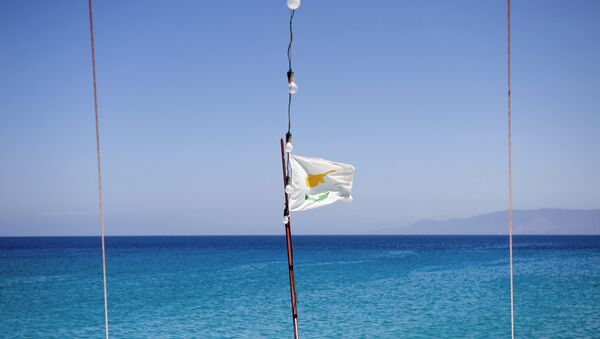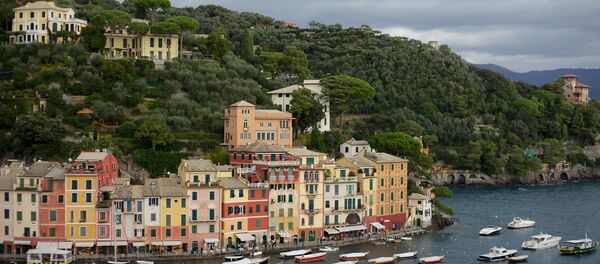Earlier in the day, the Council of the European Union prolonged the economic sanctions targeting specific sectors of Russia's economy until January 31, 2017.
"The sanctions imposed by the European Union against the Russian Federation have proved counterproductive and in no way have they contributed towards the solution of the crisis in Ukraine. On the contrary, they have brought wider negative political and economic consequences both for Russia and the EU Member states," the AKEL said.
Since 2014, the United States, the European Union and some of their allies have imposed several rounds of sanctions targeting key sectors of the Russian economy, as well as a number of individuals and entities, over Crimea’s reunification with Russia and Moscow's alleged involvement in the conflict in eastern Ukraine. Russia has repeatedly refuted the allegations.
"Undoubtedly, the imposition of EU sanctions against Russia have provoked serious damage to various areas related to economic and trade relations between Cyprus and Russia. The sectors of tourism, the provision of financial and professional services and commercial shipping have mainly been affected in this period of economic crisis too," the party added.
In August 2014, in response to the Western restrictive measures, Moscow announced a one-year food embargo on products originating in states that imposed sanctions against it. The ban has since been prolonged.


